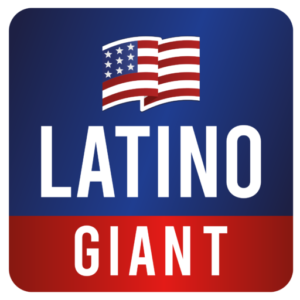His smile is confident, his hair well-combed and his eyes are squinting slightly: The first candidate you’ll likely see on the ballot in Venezuela’s upcoming presidential election is Nicolás Maduro, the incumbent seeking reelection.
Unlike some of his nine challengers, Maduro shows up not once or twice, but a whopping 13 times on the ballot — and he’s certain to catch the voters’ attention.
Each time, it’s for one of the several political groups he is representing in the highly anticipated July 28 presidential election. Maduro takes up the entire first of the ballot’s four rows while the rest of the candidates’ photos are sprinkled here and there, including that of former diplomat Edmundo González Urrutia, the only contender with real chances of denying the president a third term.
Still, the sheer number of Maduro’s images appearing on the ballot belies the seriousness of the moment.
Venezuela faces its toughest electoral test in decades. The outcome could give Maduro another six years in power or end the self-described socialist’s policies that once successfully boosted anti-poverty programs but whose sustained mismanagement later pushed the country into an ongoing economic crisis.
Venezuela’s electoral rules allow for candidates’ pictures to appear on the ballots — the electronic ones within Venezuela and printed for those voting abroad — as many times as the number of parties that support them. This year’s ballot has 38 pictures, each with every candidate’s name and party underneath.
Seasoned Venezuelan voters are also used to seeing many candidates on the touchscreens used in the South American country’s elections.
But for some, that many photos could be confusing.
“I get dizzy when I see Maduro so many times on that card, but I know that the danger is in the candidates who do not represent us,” said Sonia Guevara, a 38-year-old office worker, referring to some opposition candidates who are seen close to the government.
Such an example is the case of Luis Martínez, the candidate from “Acción Democrática” — Democratic Action party or AD for short — a traditional opposition group whose leadership was suspended months ago by the Maduro-loyal top court.
Martínez decided not to support González, the contender of the opposition’s Unitary Platform coalition.
“This is confusing. I have had to explain to my mother many times that the AD on the card is not the AD she always votes for,” Guevara said. “My mom is 71 years old, and I tell her not to vote for AD this time.”
González is featured three times on the ballot. Martínez, who is considered a government ally, shows up six times.
The number of eligible voters ahead of this month’s election is estimated to be around 17 million. Another 4 million Venezuelans living abroad are registered to vote, but only about 69,000 met the government-set requirements to cast ballots overseas. Costly and time-consuming government prerequisites to register, lack of information and a mandatory proof of legal residency in a host country kept many migrants from signing up to vote.










